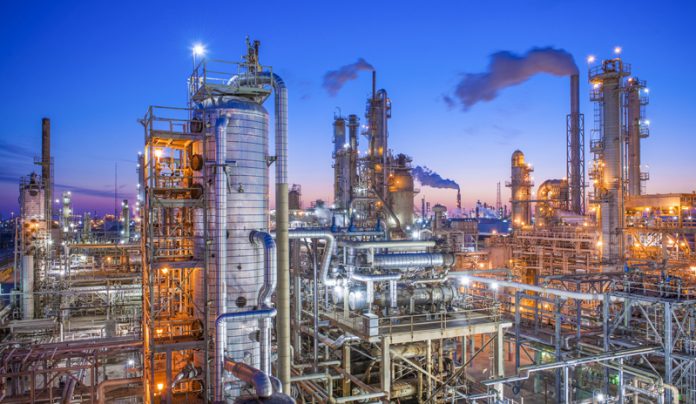KARACHI: Amidst rising liquefied natural gas (LNG) imports, local oil refineries are affront with a crisis, that not only threatens to destabilize its operations but also lead to their eventual closure.
This crisis developed after Prime Minister Shahid Khaqan Abbasi’s decision to close power plants using furnace oil for generation, which was costlier but also causing environmental damage.
LNG is now the preferred choice of fuel for power generation as costlier furnace oil has been sidelined leading to closure of 10 oil-fired power plants. This has created a quagmire for domestic oil refineries, as the closure has led to a sudden drop in demand of furnace oil and left them overstocked.
Not only this, but refineries have warned since their stocks are overflowing with furnace oil, it would become impossible other petroleum products including kerosene oil, jet fuel, petrol and diesel.
Attock Refinery has warned of imminent closure of its refinery, if the current situation continued, a company official said.
Also, Byco Petroleum which operates the country’s biggest oil refinery with a capacity to produce 120,000 barrels per days said its operations face threat of jeopardization if the current situation continued for 8-10 days.
It comes on heels of a 100 per-cent increase in Pakistan’s LNG import capacity which rose to 1,200 million cubic feet per day, after second terminal was inaugurated on Monday at Port Qasim in Karachi.
Furthermore, all petroleum products are said to be produced in one go and it wasn’t possible for oil refineries to halt production of furnace oil and manufacture others.
Imminent threat of oil refineries operations also would hurt oil exploration and production across the country. A source warned if the current situation continued, a shortage of petroleum products could occur leading to rising imports of refined petroleum products.
Domestic oil refineries are manufacturing 30 per-cent of the petroleum products being used in Pakistan, whereas the rest of 70 per-cent demand is met via imports.




